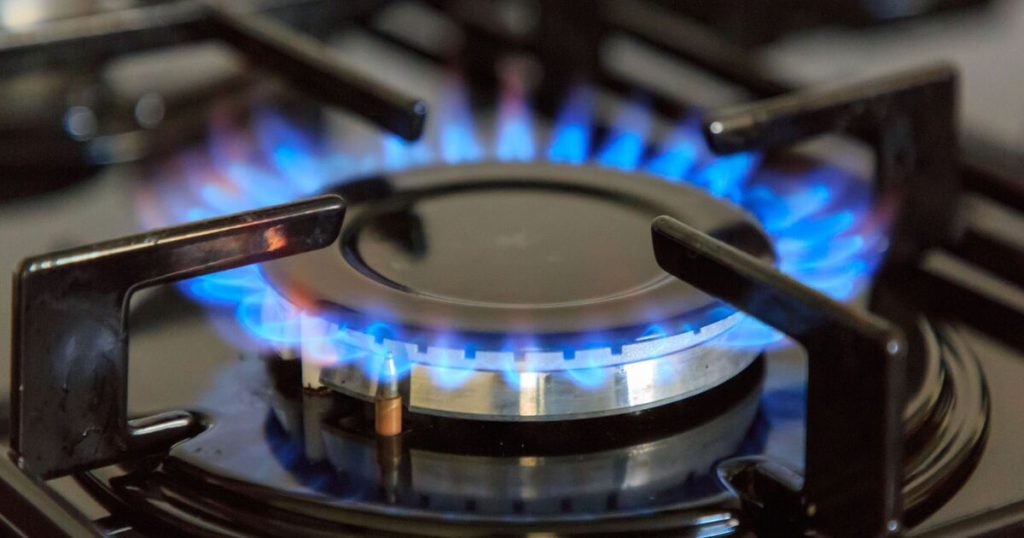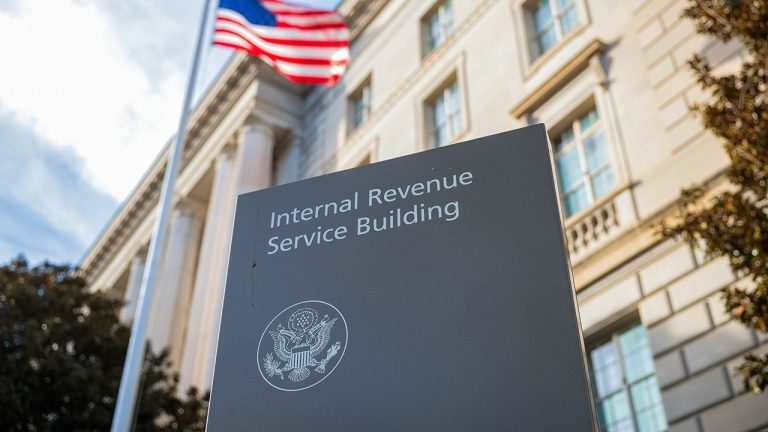
Household energy bills are set to rise again in April, according to a forecast from energy consultancy Cornwall Insight.
The group expects regulator Ofgem to reveal that the typical household energy bill on a variable tariff will rise by 5%, or £85, to £1,823.
Dr Craig Lowrey, principal consultant at Cornwall Insight, said: “Households have been hit hard over the past few months, and with bills set to rise for a third consecutive time, the pressure is not letting up.”
Mr Lowrey said the rise was due to wholesale gas prices in Europe.
He said this underscored the need for Labour’s push towards building more UK-based renewable energy, such as wind and solar farms.
Ofgem changes the price cap for households every three months, largely based on the cost of energy on wholesale markets, with the regulator due to confirm the level for April to June on February 25.
The Government introduced the energy price cap in January 2019 and set a maximum price that energy suppliers can charge consumers in England, Scotland and Wales for each kilowatt hour (kWh) of energy they use.
It does not limit total bills because householders still pay for the amount of energy they consume.
The cap is significantly lower than at the peak of the energy crisis, which was fuelled by Russia’s invasion of Ukraine in February 2022. However, Mr Lowrey said prices are still “more volatile than it has been in quite some time, and households are bearing the brunt of cold weather and low gas storage levels across Europe.”
It comes as the Government pushes ahead with its policy of building out renewable energy to reach 95% clean power across the electricity grid by 2030.
Mr Lowrey said: “It might be tempting to look at rising bills and conclude that the push towards renewables is not working, and we should scale back on the transition. But the reality is higher energy costs only reinforce the need to accelerate our expansion of clean, reliable energy across the UK.”
He said without more UK-based renewable energy, Britain would be “left forever at the whim of the volatile international wholesale market, which, as recent years have shown, can be a pretty expensive place to be”.
Caroline Simpson, spokesperson for the energy campaign group Warm this Winter, said: “It’s soul-destroying that there will be another price cap rise. Our bills are high, and the ones who benefit are greedy gas and oil companies making billions. That is why we desperately need to develop our own renewable energy sources as the only way to achieve lower prices and energy security for good.”
Simon Francis, coordinator of the End Fuel Poverty Coalition, a group of anti-poverty charities, trade unions, and campaigners, pointed out the urgency of choosing the right energy tariff to help reduce bills.
Mr Francis said: “Consumers need to navigate a confusing array of energy tariffs. The key point to remember is to use your own energy usage when comparing prices and not rely on industry averages, which may hide the true cost you will pay.
“Customers must also look out for exit fees, which may trap you into uncompetitive tariffs in the future. And, if a household is interested in moving to a ‘tracker’ style tariff, it is even more important to make sure you look at your own usage, the unit costs and the standing charges and check that they will offer you real value for money.”
Richard Neudegg, director of regulation at Uswitch.com, warned that households that haven’t fixed the past year are facing “a hat-trick of hurt”.
He explained: “April’s energy rates are predicted to be 5% higher than today for the majority of homes that haven’t yet taken a fixed deal. If you have not switched in over a year, you are likely to be on a standard tariff and will be hit with these hikes. But consumers can absolutely avoid the price hike.
“Fixed deals protect you from price rises for twelve months or more by locking in rates. Switching to a fixed deal at or below the current January price cap level is a no-brainer if you want to avoid the predicted April price rise.
“If you’re not ready to fix, consider a deal such as a tracker which guarantees a saving on the price cap, whether it goes up or down.
“You can’t rely on the price cap to offer the best value. There are deals available right now that will save you money and that you can switch to in a matter of minutes. Today is another warning sign to those on a standard tariff to get off it and lock in a better deal before prices climb further.”






